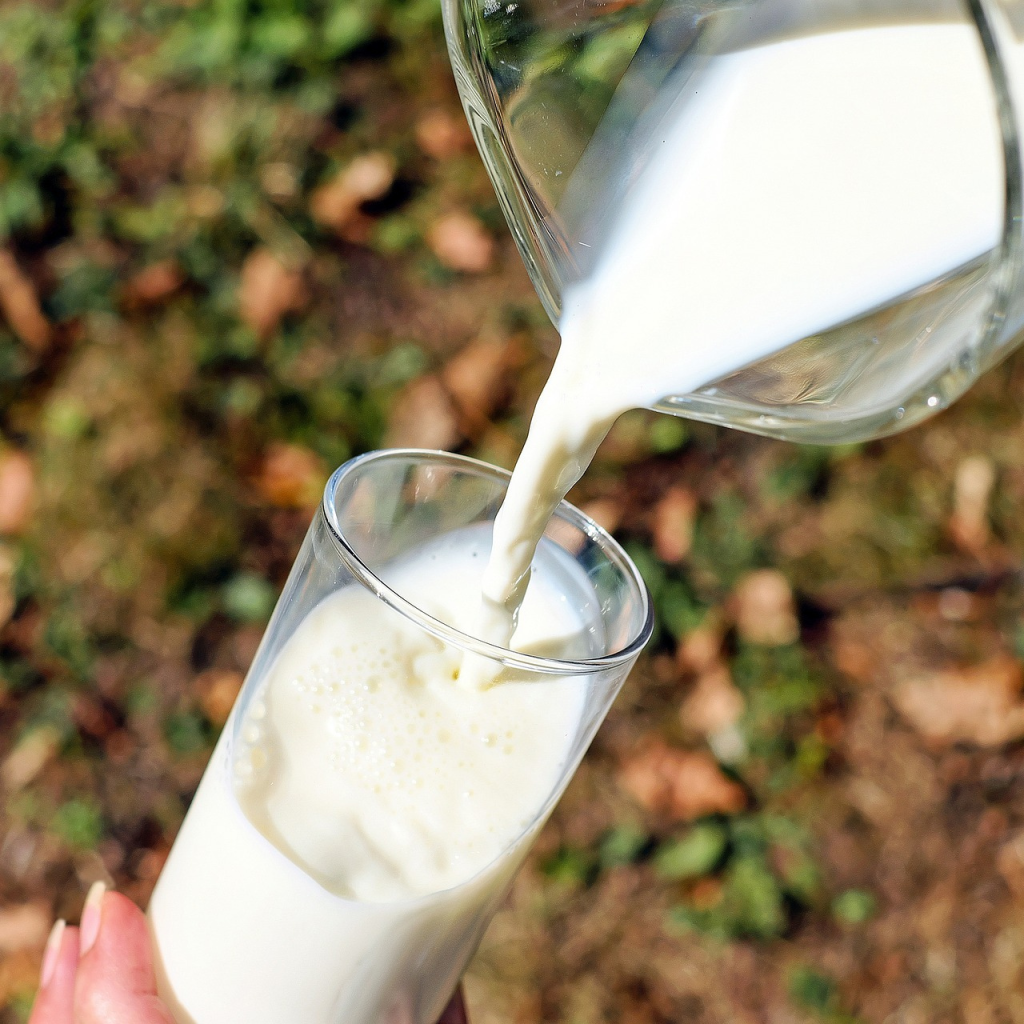Benefits of drinking milk at night
Drinking milk at night can have several potential benefits:
1. **Nutrient-Rich:** Milk is a good source of essential nutrients like calcium, protein, vitamins D and B12, and phosphorus. These nutrients are important for bone health, muscle function, and overall well-being.
2. **Improved Sleep:** Milk contains tryptophan, an amino acid that can help promote sleep. Tryptophan is a precursor to serotonin and melatonin, which are neurotransmitters involved in regulating sleep-wake cycles.
3. **Digestive Health:** Milk contains probiotics and beneficial bacteria that can promote a healthy gut. This can be especially beneficial for individuals who may have digestive issues or an imbalance of gut bacteria.
4. **Muscle Recovery:** The protein in milk, particularly casein, is slow-digesting. Consuming milk before bedtime may provide a sustained release of amino acids throughout the night, which can aid in muscle repair and recovery.
5. **Hydration:** Milk is a liquid, and consuming fluids before bed can help prevent dehydration, which can lead to discomfort or disrupted sleep.
6. **Stress Reduction:** Warm milk, in particular, may have a soothing effect due to its temperature and the calming properties of certain compounds. This can help reduce stress and anxiety, potentially leading to better sleep quality.
7. **Bone Health:** The calcium in milk is crucial for maintaining strong bones and teeth. Consuming milk at night can contribute to meeting your daily calcium requirements.
8. **Weight Management:** Milk is relatively low in calories (when compared to many other beverages) and high in nutrients. If consumed in moderation, it can be a nutritious addition to your diet, potentially contributing to a balanced intake.
9. **Hunger Control:** The combination of protein and fat in milk can help you feel fuller for longer, potentially reducing late-night cravings or the urge to snack on less nutritious options.
It’s worth noting that while there are potential benefits to drinking milk at night, it may not be suitable for everyone. Some individuals may be lactose intolerant or have allergies to dairy, in which case, alternative options like lactose-free milk or plant-based milk alternatives may be more appropriate.
Additionally, moderation is key. Drinking excessive amounts of milk, especially if it’s high in fat, can lead to excess calorie intake and potentially disrupt your digestive system. Always consider your personal dietary needs and consult with a healthcare provider if you have specific concerns or dietary restrictions.
